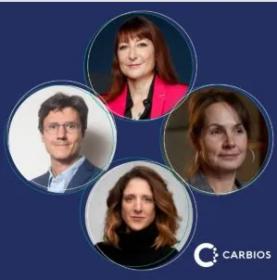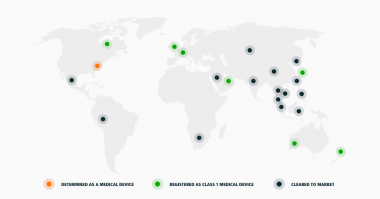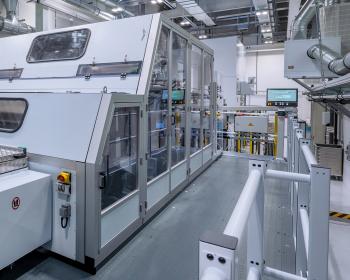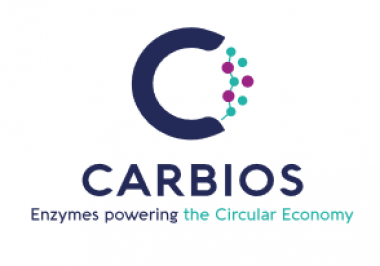Indorama Ventures: FY22 financial performance
Indorama Ventures Public Company Limited (IVL) reported a record FY22 financial performance from the company’s global manufacturing footprint serving end-consumers’ resilient need for daily necessities. The unusually high level of customer destocking that weighed on the fourth quarter result is expected to have leveled out and business should return to normal operating conditions, with China’s reopening to further spur demand.
Full-year Core EBITDA climbed 31% YoY to $2.3 billion as revenue rose 28% to a record $18.8 billion. The company recorded strong cash flows of $2.2 billion, up 111% YoY. Indorama Ventures’ geographically diversified, integrated platform, backed by management’s agility, withstood unprecedented global events to generate earnings through the business cycle. During the year, the company continued to focus on its growth plan, successfully integrating its strategic surfactants business in Latin America and Vietnamese packaging acquisition. A dedicated senior team is working tirelessly and is committed to the company’s ‘Vision 2030’ sustainability goals including recycling technologies and introducing biomass feedstock to the company’s product portfolio. The ongoing ‘Project Olympus’ cost transformation program delivered an annual run rate of $449 million in efficiencies.
The annual result was impacted by an unusually challenging final quarter as fears of a recession and reduced transit times led to widespread destocking by customers. 4Q22 Core EBITDA declined 43% YoY to $264 million on a 1% drop in revenue to $3.9 billion. The pandemic lockdown in China also continued into the final quarter, reducing factory demand across Indorama Ventures’ portfolio and resulting in narrower margins from lower prices and higher costs. Higher energy and utility costs impacted European operations as the war in Ukraine continued into the winter.
To improve competitiveness and build resilience, Indorama Ventures rationalized underperforming assets in the Fibers business in Europe and a PTA site in Asia, resulting in a $7 million cash impairment in 4Q22 and a $253 million non-cash impact. As a result, the company looks forward to a $38 million uplift in EBITDA in 2023, reaching up to $65 million by 2025.
Indorama Ventures Public Company Limited






























